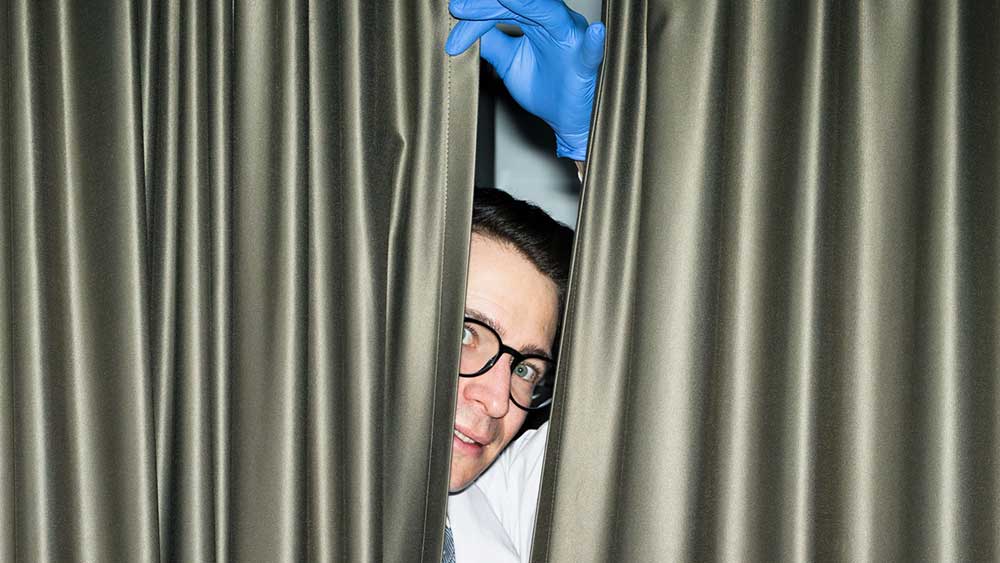Navigation auf uzh.ch
Navigation auf uzh.ch

Neuroscientist Tommaso Patriarchi uses neurosensors to light up the brain and open up new avenues in brain research. Sarah Ebling is developing AI-based language technology that helps people with disabilities access the digital world. Raphaèle Preisinger’s research explores how Christians around the globe struggled for recognition in the early modern period. Stefan Dudli is using stem cells to find novel ways of treating back pain. Ana Guerreiro Stücklin analyzes brain tumors in children to improve our ability to target them. Onicio Leal has already founded a business and wants to harness digital technology to improve the health of children in Malawi.
The latest UZH Magazin shines a light on the next generation of researchers and what drives them. We spoke with six up-and-coming young scientists who typify the next generation of UZH researchers. What motivates them? What are the ingredients for successful research, and a promising career? What are their experiences, and what obstacles do they need to overcome? All six researchers have already climbed some way up the academic career ladder, raised research funding, founded a company or landed an assistant professorship or professorial fellowship. They share some of the secrets of their success in the latest UZH Magazin.
What they all have in common is passion and enthusiasm for scholarship, but it also takes persistence, courage, patience, originality or resilience. Above all, young researchers have to believe in their own ideas, intentions and projects. Another achievement the six researchers share is that they succeeded in acquiring funding for their research early on. The ability to conduct independent research and realizing one’s own ideas is a crucial part of any academic career.
In addition to good ideas and determination, budding researchers also need the right research environment and targeted support. And this support comes in many shapes. It can come from large research funding organizations, such as the Swiss National Science Foundation (SNSF) or the European Research Council. UZH is also investing a lot in academic career development for its junior researchers. For example, UZH’s research development framework was recently overhauled, which will benefit doctoral candidates and postdocs in particular. “We want to encourage competition for good project ideas,” says UZH President Michael Schaepman.
In addition, there are further programs and organizations at UZH that focus on promoting junior researchers, such as the Digital Society Initiative, the Graduate Campus, the Innovation Hub, the UZH Foundation as well as the “Fonds zur Förderung des akademischen Nachwuchses” (FAN). All these schemes are providing the fertile ground on which ideas and research projects can flourish and benefit the scientific community and society as a whole.
Other topics in the latest issue of the UZH Magazin include: Planting underpants? Biologist Marcel van der Heijden isn’t afraid to resort to unconventional research methods to increase agricultural yields. – Corona and science: Infectious disease specialist Huldrych Günthard, who treats coronavirus patients at the UniversityHospital, and biostatistician Leonhard Held talk about coronavirus, vaccination and research quality during the crisis.